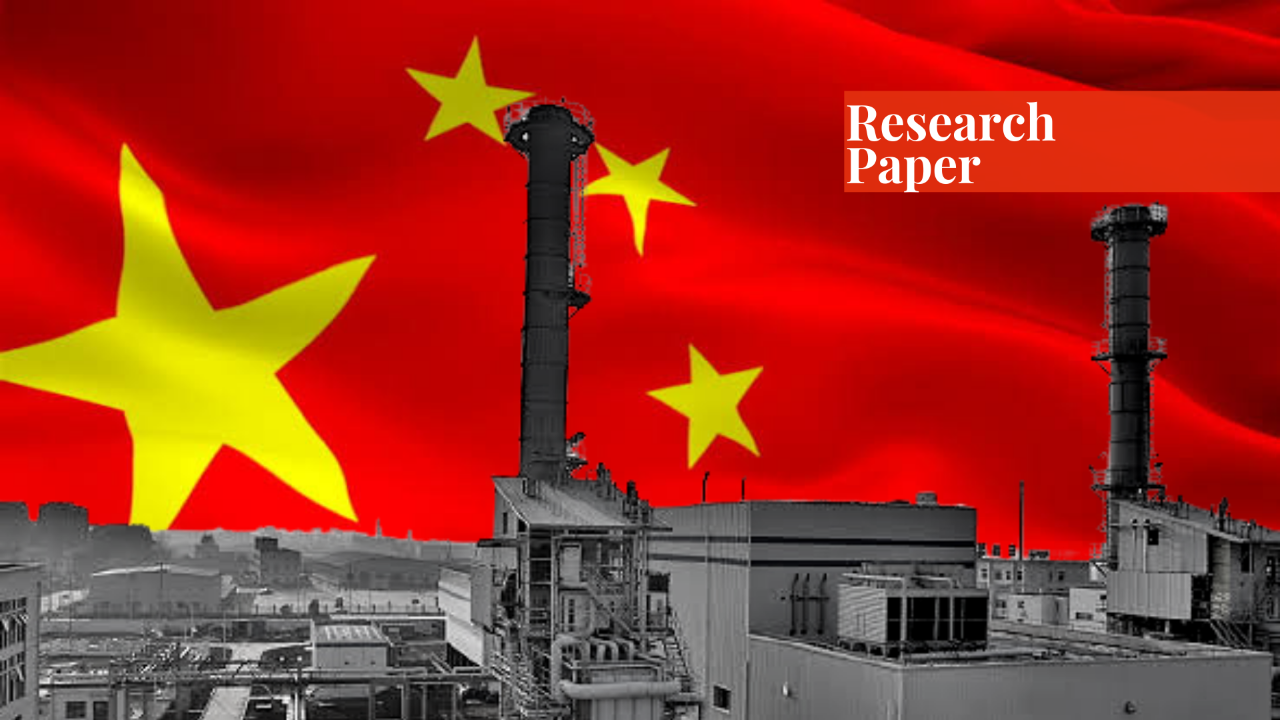Protectionism refers to the economic policy of restricting imports through various measures such as tariffs, quotas, and subsidies. One of the key justifications for protectionism is the infant industry argument. The infant industry argument states that government intervention is necessary to protect and nurture domestic industries in their early stages of development.
Table of Contents
The Rationale behind the Infant Industry Argument
The core idea behind the infant industry argument is that certain industries may face significant challenges and disadvantages when they first emerge in a country. These challenges can include lack of economies of scale, limited access to capital and technology, and strong competition from well-established foreign competitors. As a result, these industries may struggle to compete in the global marketplace.
The proponents of the infant industry argument argue that by providing temporary protection in the form of tariffs or subsidies, domestic industries can have a chance to grow and develop in a sheltered environment. This protection allows them to gain the necessary experience, learn from established competitors, and develop economies of scale. Over time, it is expected that these industries will become competitive and eventually be able to compete in the international market without government support.

Credit: www.paradigmshift.com.pk
A Real-World Example – The South Korean Miracle
One of the most well-known success stories of the infant industry argument is the case of South Korea. After the Korean War in the 1950s, South Korea had a devastated economy with limited industrial capabilities. However, the government recognized the potential of certain industries and implemented protectionist policies to nurture their growth.
Through a combination of import substitution policies, export-oriented industrialization, and government support, South Korea was able to develop strong domestic industries in sectors such as electronics, automobiles, and shipbuilding. These industries eventually became globally competitive and played a significant role in South Korea’s economic transformation.

Credit: www.nytimes.com
Critiques and Challenges of the Infant Industry Argument
While the infant industry argument has its proponents, it is not without critics and challenges. One of the main critiques is the potential inefficiency and market distortion caused by protectionist measures. Critics argue that by shielding industries from international competition, resources may be misallocated, and industries may become dependent on government support, hindering overall economic efficiency.
Additionally, determining which industries truly have the potential to become globally competitive in the future can be challenging. Governments may face difficulties in accurately identifying promising industries and risk allocating resources to industries that fail to achieve competitiveness. As a result, the potential for misjudgment and wasted resources is always a concern.
The Role of Technology and Globalization
The impact of technology and globalization on the infant industry argument should not be overlooked. In today’s interconnected world, emerging industries can quickly gain access to technology, knowledge, and capital from more advanced economies. This has reduced the time span for an industry to become globally competitive.
Moreover, global supply chains and the ease of trade have made it easier for emerging industries to source inputs and participate in global value chains. As a result, some argue that the need for protectionist measures is diminishing, and countries should instead focus on creating a favorable business environment and investing in education and infrastructure to support innovation and growth.
The Conclusion – A Balancing Act
The infant industry argument presents a rationale for protectionist measures, but it also raises important challenges and critiques. Governments must carefully evaluate each industry’s potential and consider whether temporary protection outweighs the potential drawbacks of market distortions and inefficiencies. Additionally, with the rapid pace of technological advancement and globalization, the effectiveness of protectionism in nurturing infant industries may vary.
Overall, the infant industry argument serves as a reminder that striking a balance between allowing industries to develop and protecting domestic interests is a dynamic and complex task. As the global economy evolves, policymakers must adapt their strategies to ensure the long-term competitiveness and growth of their countries.
